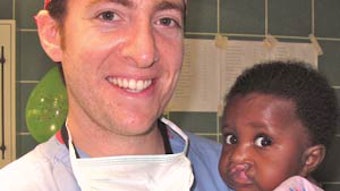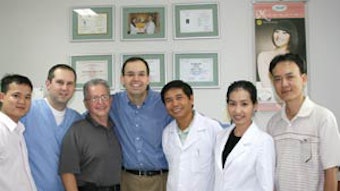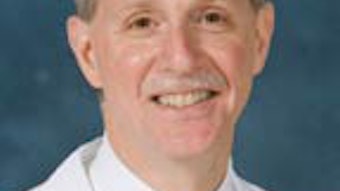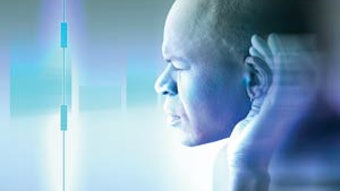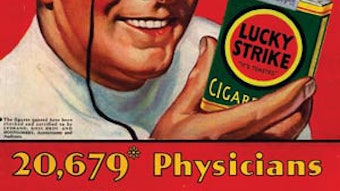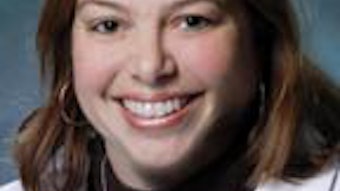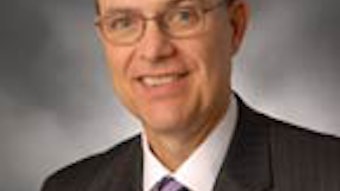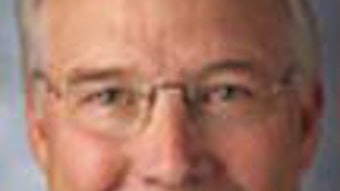United Healthcare Update
Since releasing its announcement in early October 2011 of its plan to commence a “direct-to-consumer” hearing aid program that includes an online hearing test, AAO-HNS has communicated with United Healthcare (UHC) and hi HealthInnovations (HHI), subsidiaries of United HealthGroup (UHG), about specific Academy concerns, primarily focusing on the lack of quality of care reflected by the program. (See below for a timeline of AAO-HNS advocacy efforts). Subsequently, on November 2, 2011, the Academy submitted comments outlining concerns about the program to the National Medical Director at UHC and received an immediate response resulting in an initial conference call on November 28, 2011 with UHC. After a brief conference call, both parties decided to arrange a face-to-face meeting for a more thorough discussion. UHC initiated its program on January 1, 2012, and included the following states in the program’s roll-out: California, Colorado, Florida, Illinois, Kentucky, Missouri, Nevada, New Jersey, New York, North Carolina, Ohio, Oregon, South Carolina, Texas, Tennessee, Virginia, and Wisconsin. On January 30, 2012, Academy representatives, including leadership, physician and audiology volunteers, and staff, met with UHC leadership at the Academy in Alexandria, VA, to discuss the new HHI program. During the meeting, UHC representatives responded to all of the Academy’s concerns expressed in our November 2, 2011, comment letter and provided a detailed explanation of their methodology. After gaining a more comprehensive level of insight regarding the program, the Academy maintains that there continue to be major flaws in HHI’s “direct-to-consumer” approach to dispensing hearing aids. The Academy remains concerned regarding the inadequacy of the online testing protocol, red flag symptoms that could go unnoticed, referrals to appropriate hearing healthcare professionals, and potential areas of noncompliance with state and federal regulations. Further, the Academy does not support a “some better than none” approach to hearing healthcare. As the Academy has maintained, the best practice for treating hearing loss involves the otolaryngologist, audiologist, and patient care team members. AAO-HNS Health Policy senior staff members are in continued communication with American Academy of Audiology (AAA), American Speech-Language-Hearing Association (ASHA), Academy of Doctors of Audiology (ADA), and the International Hearing Society (IHS) to share new information received from UHC. In addition, the Academy continues to maintain collegial communications with UHC to provide input on aspects of its program as it develops, keeping patient safety and quality of care at the forefront. Further, the Academy will continue to seek additional information regarding whether their program is in compliance with state law and FDA regulations. If you are located in one of the roll-out states and receive feedback from patients who have taken the online hearing test, or ordered the hearing aid from this program that affected the patient’s quality of care, please contact the Academy’s Health Policy Team at healthpolicy@entnet.org. Advocacy Effort Timeline October 3, 2011 – Academy is alerted of hi HealthInnovations’ new hearing aid program. October 24, 2011 – Academy comments about the program in American Medical News. (found at http://www.ama-assn.org/amednews/2011/10/24/bisb1024.htm) November 2, 2011 – Comment letter sent to UHC followed by an immediate response from UHC to arrange a conference call. (found at http://www.entnet.org/Practice/upload/UHG_Ltr_HearingAids_11-02-11.pdf) November 28, 2011 – Several members from the Academy’s physician payment policy group (3P), Board of Governors Chair, and staff conduct a brief conference call with UHC. All parties agree to meet face-to-face. December 5, 2011 – The Academy follows up with UHC, sending a summary of the conference call and suggesting potential dates for a meeting. January 30, 2012 – Academy leadership, physician and audiologist volunteers, and staff meet with UHC.
Since releasing its announcement in early October 2011 of its plan to commence a “direct-to-consumer” hearing aid program that includes an online hearing test, AAO-HNS has communicated with United Healthcare (UHC) and hi HealthInnovations (HHI), subsidiaries of United HealthGroup (UHG), about specific Academy concerns, primarily focusing on the lack of quality of care reflected by the program. (See below for a timeline of AAO-HNS advocacy efforts). Subsequently, on November 2, 2011, the Academy submitted comments outlining concerns about the program to the National Medical Director at UHC and received an immediate response resulting in an initial conference call on November 28, 2011 with UHC. After a brief conference call, both parties decided to arrange a face-to-face meeting for a more thorough discussion. UHC initiated its program on January 1, 2012, and included the following states in the program’s roll-out: California, Colorado, Florida, Illinois, Kentucky, Missouri, Nevada, New Jersey, New York, North Carolina, Ohio, Oregon, South Carolina, Texas, Tennessee, Virginia, and Wisconsin.
On January 30, 2012, Academy representatives, including leadership, physician and audiology volunteers, and staff, met with UHC leadership at the Academy in Alexandria, VA, to discuss the new HHI program. During the meeting, UHC representatives responded to all of the Academy’s concerns expressed in our November 2, 2011, comment letter and provided a detailed explanation of their methodology. After gaining a more comprehensive level of insight regarding the program, the Academy maintains that there continue to be major flaws in HHI’s “direct-to-consumer” approach to dispensing hearing aids. The Academy remains concerned regarding the inadequacy of the online testing protocol, red flag symptoms that could go unnoticed, referrals to appropriate hearing healthcare professionals, and potential areas of noncompliance with state and federal regulations. Further, the Academy does not support a “some better than none” approach to hearing healthcare. As the Academy has maintained, the best practice for treating hearing loss involves the otolaryngologist, audiologist, and patient care team members.
AAO-HNS Health Policy senior staff members are in continued communication with American Academy of Audiology (AAA), American Speech-Language-Hearing Association (ASHA), Academy of Doctors of Audiology (ADA), and the International Hearing Society (IHS) to share new information received from UHC. In addition, the Academy continues to maintain collegial communications with UHC to provide input on aspects of its program as it develops, keeping patient safety and quality of care at the forefront. Further, the Academy will continue to seek additional information regarding whether their program is in compliance with state law and FDA regulations.
If you are located in one of the roll-out states and receive feedback from patients who have taken the online hearing test, or ordered the hearing aid from this program that affected the patient’s quality of care, please contact the Academy’s Health Policy Team at healthpolicy@entnet.org.
October 3, 2011 – Academy is alerted of hi HealthInnovations’ new hearing aid program.
October 24, 2011 – Academy comments about the program in American Medical News.
(found at http://www.ama-assn.org/amednews/2011/10/24/bisb1024.htm)
November 2, 2011 – Comment letter sent to UHC followed by an immediate response from UHC to arrange a conference call.
(found at http://www.entnet.org/Practice/upload/UHG_Ltr_HearingAids_11-02-11.pdf)
November 28, 2011 – Several members from the Academy’s physician payment policy group (3P), Board of Governors Chair, and staff conduct a brief conference call with UHC. All parties agree to meet face-to-face.
December 5, 2011 – The Academy follows up with UHC, sending a summary of the conference call and suggesting potential dates for a meeting.
January 30, 2012 – Academy leadership, physician and audiologist volunteers, and staff meet with UHC.
